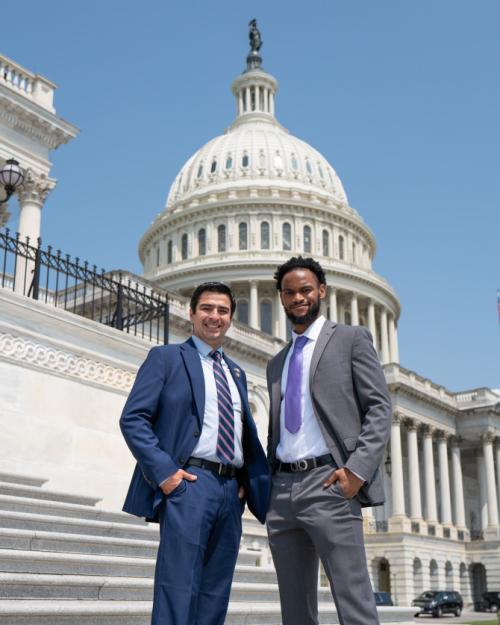Judge Orlando Garcia has temporarily blocked a Texas state law requiring public schools to display the Ten Commandments.
Landon Schnabel, a sociology professor at Cornell University, researches how 'religious freedom' can be utilized as a proxy for personal preferences.
Schnabel says: “Judge Garcia's ruling reveals something crucial: the families challenging Texas' Ten Commandments law aren't just secular opponents of religion. They're agnostic, atheist, Jewish, Christian, Hindu, and Baha'i families who don't want their children pressured to adopt someone else's religious doctrine. This is what religious freedom actually looks like—protecting every family's conscience, not just the most popular opinion. Religious freedom is about the minority, their conscience, their right to practice – not just the preferences of the majority.
“When government mandates religious displays in public schools, it redefines religious freedom as the right of the majority to use public institutions to promote their faith. But constitutional rights exist precisely to prevent fifty-one percent of voters from deciding whose God goes on the classroom wall.
“Attorney General Paxton frames compliance as upholding ‘the will of Texas voters.’ That's the problem. Religious freedom has always meant something different: the right of every person to follow their own beliefs without state coercion.
“These coordinated efforts across Texas, Louisiana, and Arkansas test whether American public schools belong equally to all families—or whether some families' faith gets privileged by law while others' gets diminished by the state.”




